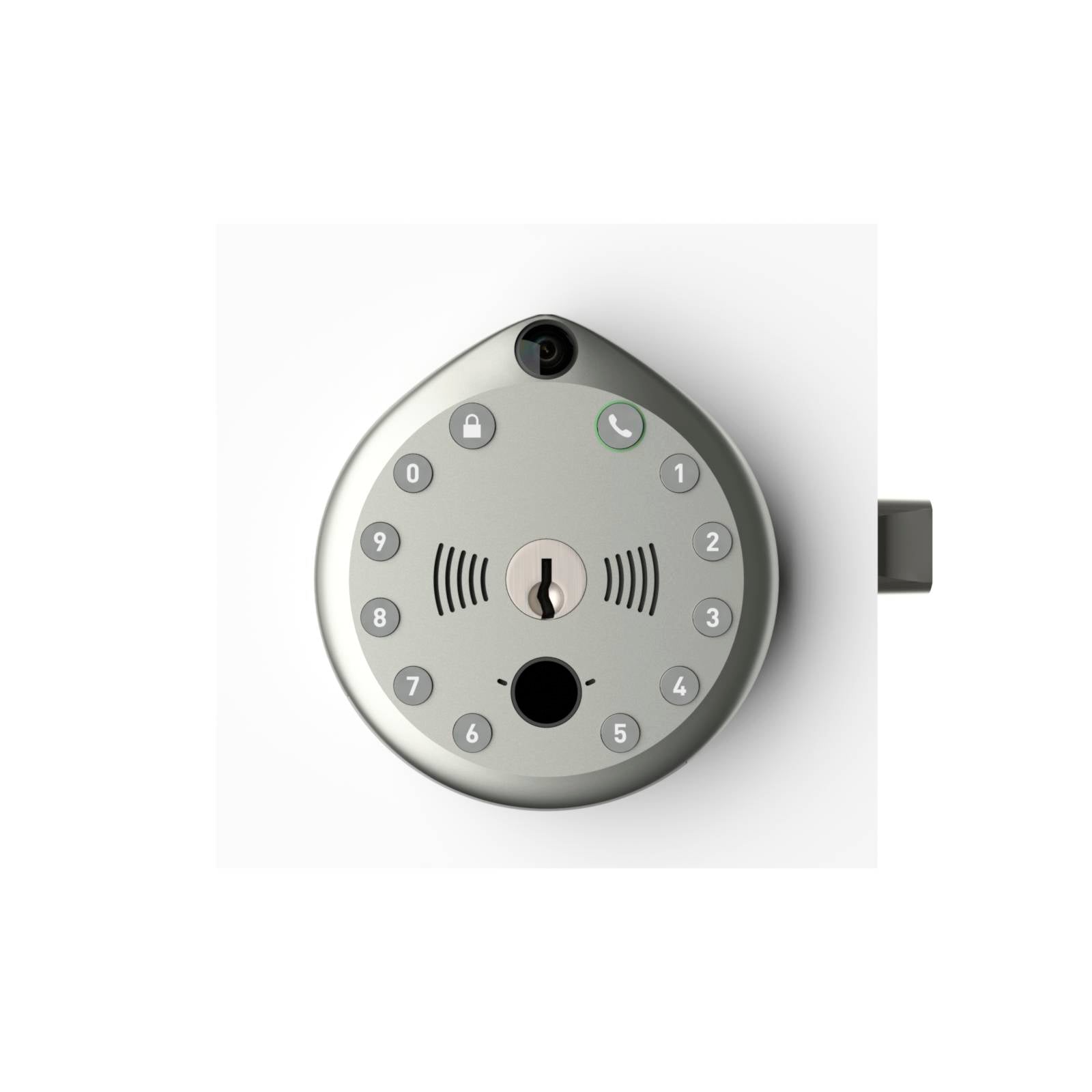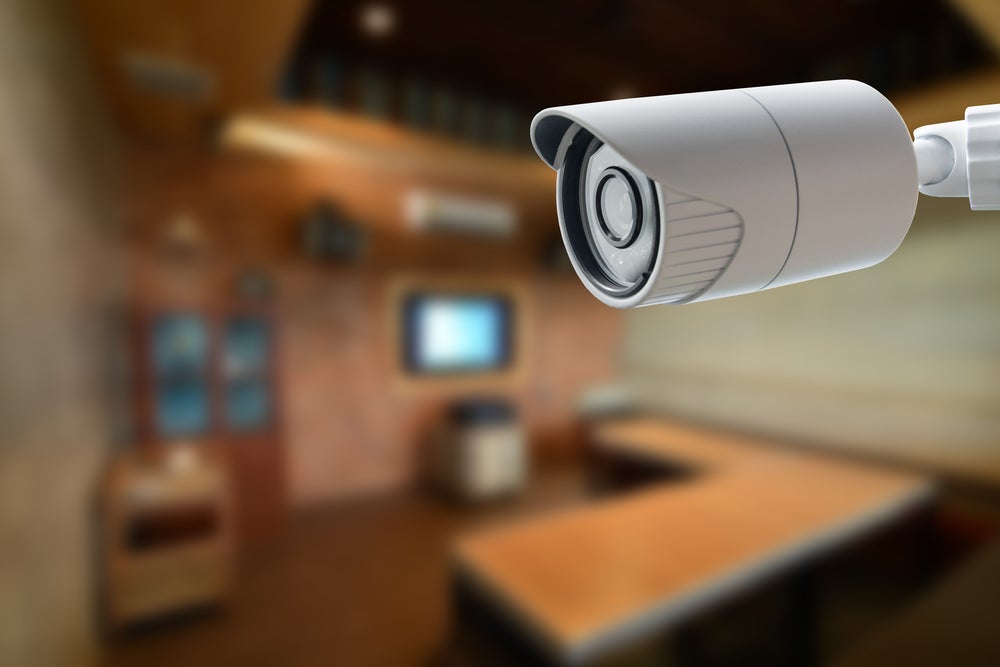
Wireless security systems can be used to help protect your house from intruders. They detect when doors and windows open and close using sensors. WiFi-enabled cams can also be used for property monitoring and receiving notifications on your phone. There are also wireless home security yard signs and stickers you can use to let would-be burglars know your home is protected. These systems can even contact emergency responders if a break-in occurs.
Advantages
Wireless security systems can offer several advantages. However, they do have their drawbacks. Wireless systems are easier to install than wired ones. They are also more flexible than wired systems because they don't require wires to be run through walls and ceilings. These systems are also more flexible and can be expanded to accommodate additional cameras or sensors. Wireless security systems, however, can be susceptible to interference due to structural and electromagnetic interference. They may also cause false alarms.
Installation
Wireless security systems offer many benefits, including flexibility and speedy installation. Wireless systems require less upheaval than wired systems. They can also be added to slowly as your home security needs change. Wireless security systems are less expensive and you can select the coverage that suits your property best.
Reliability
Wireless security systems offer several advantages over traditional hardwired ones, such as ease of installation and higher reliability. They are also cheaper and require less maintenance.

Wi-Fi
Wireless security systems are able to work even in the event of an outage. It will also be less vulnerable to interference, tampering, interruptions due power lines, and other factors. Modern models offer enhanced protection for your property, thanks to their improved capabilities. These features include sensors that create more data points and new software that keeps your home safe and secure.
FAQ
What is the best wireless security device you can purchase?
D-Link Wireless Security System has been my top choice for wireless security. It is one the most affordable available. It includes everything you need. It includes a camera with motion sensor and a remote controller. It is easy to connect it and follow the instructions.
Do I really need an alarm system for my home?
You should have a home security system if you own a property. You don't have to be worried about a burglar breaking into your home. They can steal anything, including valuable jewelry and expensive electronics. And if you leave your doors unlocked, they could just walk away with everything.
Home security systems help you protect your home and notify you when something is happening. This includes the detection of motion and sending alerts to your smartphone. You can also record activity and view the recorded footage.
A DIY camera is a great alternative to a full-blown home security system. These devices allow you to see who's at your front door, and will send you notifications when they enter. These devices won't prevent intruders from breaking into the home.
What security system would you recommend?
The best security system to install depends on how much you value your home and belongings. The cheapest alarm system, which doesn't offer enough protection, is the basic one. You can go with a basic alarm system that provides limited protection, but you have the option to upgrade to one that has remote monitoring and video surveillance as well as access control.
What Home Security Systems cannot be hacked
The definition of hacking will determine the answer to this question. Hacking is the unauthorized access to computer systems, networks, and data. Hacking is impossible for most home security systems because they do NOT contain software that can be remotely controlled. They won't let anyone enter your home without permission.
If the home security system is connected to the Internet, however it can be hacked. These types of systems usually require a password to operate, which means that someone can hack them if he knows the correct password.
Statistics
- (In my experience, the discount on my home insurance covered about 25 percent of the subscription of an average plan, but your mileage may vary depending on your location and the size of your home.) (theverge.com)
- Most home security companies will charge you around 75% of the remaining term of your contract if you cancel early—and some require 100%.Related questionsWhat type of contract length can I expect from security providers?Home security system cancellation (safewise.com)
- Cove sets you free without punishing penalties and fees, unlike other security solutions that charge 75% to 100% of your remaining contract. (safewise.com)
- Depending on your insurance, 24/7 professional monitoring may qualify you for as much as 15% off your premium. (safewise.com)
External Links
How To
How to Install Outdoor Motion Lights
How to install outdoor motion lights
The first step to installing outdoor lighting is selecting the right light fixture type. Next, determine the location of your lighting fixtures. Next comes the wiring. The last step is to mount your lighting fixtures.
Outdoor motion lights are used as lighting for walkways, driveways. patios. steps. stairways. decks. porches. gardens. fountains. ponds. water features. trees. shrubs. flowers. bushes. lawns. You can choose from many different styles, sizes, and color options. You can find a variety of types, including floodlights or spotlights, pendants or downlights as well as track lights, track and recessed lights, wall lights, ceiling fans, wall lights, chandeliers and wall sconces.
Motion lights come in three basic types: hardwired, wireless, and battery-powered. Hardwired systems utilize wires that are connected directly from power sources to fixtures. Wireless systems use radio waves for transmitting signals from one fixture into another. The fixtures are powered by batteries.
Hardwired systems are usually installed by electricians. An electrician should be able to wire outdoor motion lights if you are looking to hire one. Otherwise, you should consider hiring someone who specializes in installing these kinds of systems.
Hardwired systems can be more difficult to set-up than wireless ones. You don't need to worry about running wires through walls or ceilings. You must decide which type of wireless technology you prefer before you purchase a wireless device. There are two main types of wireless technologies: infrared (IR) and radio frequency (RF). IR systems require line-of-sight between the transmitter and receiver. RF systems allow for some degree of obstruction because they can bounce off objects such as walls and furniture.
Before you can buy a wireless system, make sure you know which controller you will use. Many outdoor motion lights have built-in controllers. If you want to control the lights yourself, you can either use a wired remote (or a handheld remote). Wired remotes are wired to the fixtures through cables. Handheld remotes look like flashlights and are operated by pressing buttons on their bodies.
Easy installation of battery-powered systems is possible. You just need to plug them in to an electrical outlet. Most models have sensors that detect movement and prevent the lights turning on if they aren't moving. The lights turn on automatically when something is near the sensor.
Many outdoor motion lights have timers. These timers allow you to save energy by turning the lights on and off at night. Timers can vary from 10 minutes to 24hrs.
When it comes to choosing the right outdoor motion light, you may be tempted to spend more money on high-quality products. It is not worth paying more for a feature that you don't need. A simple LED spotlight will do just fine. It is inexpensive and will provide sufficient illumination.
The Best Home Security System. The home security sector has grown dramatically in the last few years. This is due to technological advancements and increased public awareness on crime prevention. Homeowners now have many choices when it comes to selecting a security system for their home.